Gratitude isn’t just a warm fuzzy feeling—it’s a powerful tool that can transform your business, career, and personal life. When properly harnessed, gratitude becomes a strategic advantage that enhances productivity, strengthens relationships, and creates sustainable success.
I’ve watched business owners and professionals completely revolutionize their approach after implementing gratitude practices. The results speak for themselves: improved team dynamics, enhanced resilience, and greater overall satisfaction.
Key Takeaways
- Practicing gratitude reduces workplace stress and improves mental clarity
- Gratitude journaling for just 5 minutes daily can significantly boost productivity
- Expressing appreciation strengthens professional relationships and team cohesion
- Gratitude practices help develop a growth mindset essential for business success
- Implementing thankfulness rituals creates positive workplace culture
- Grateful leaders make better decisions and inspire stronger team performance
The Science Behind Gratitude
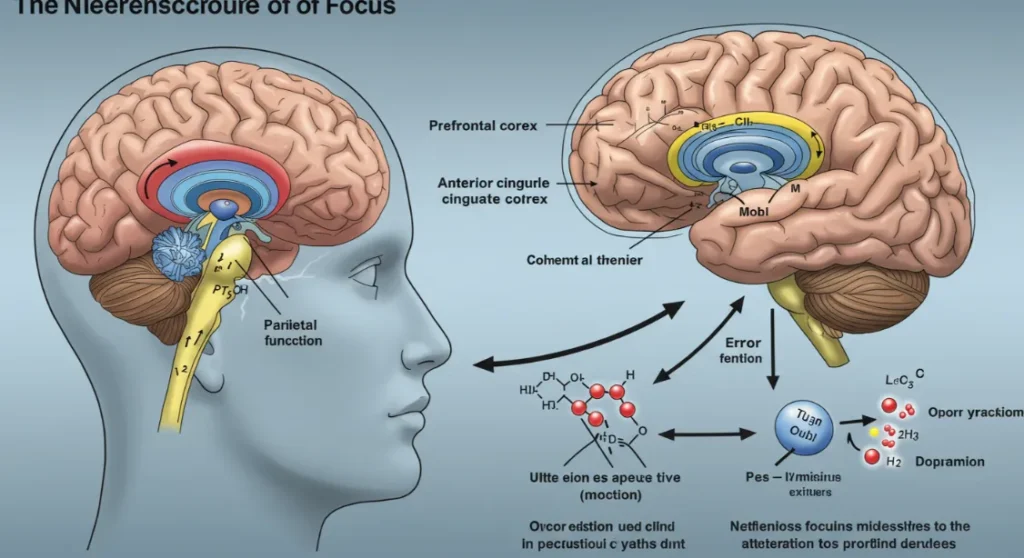
Gratitude isn’t just a nice sentiment—it’s backed by serious science. Research consistently shows that practicing gratitude activates the brain’s reward pathways, releasing dopamine and serotonin—neurotransmitters that enhance mood and motivation.
For business professionals, this neurological boost translates to improved focus, better decision-making, and enhanced creativity. When you’re operating from a place of gratitude, your brain functions more efficiently, allowing you to manage work stress more effectively and maintain mental clarity.
“Gratitude turns what we have into enough, and more. It turns denial into acceptance, chaos into order, confusion into clarity.”
The psychological benefits extend beyond momentary mood enhancement. Regular gratitude practice has been shown to reduce anxiety and depression while improving sleep quality. For professionals dealing with high-pressure situations, implementing a mindfulness practice centered on gratitude can be transformative.
Gratitude as a Business Strategy
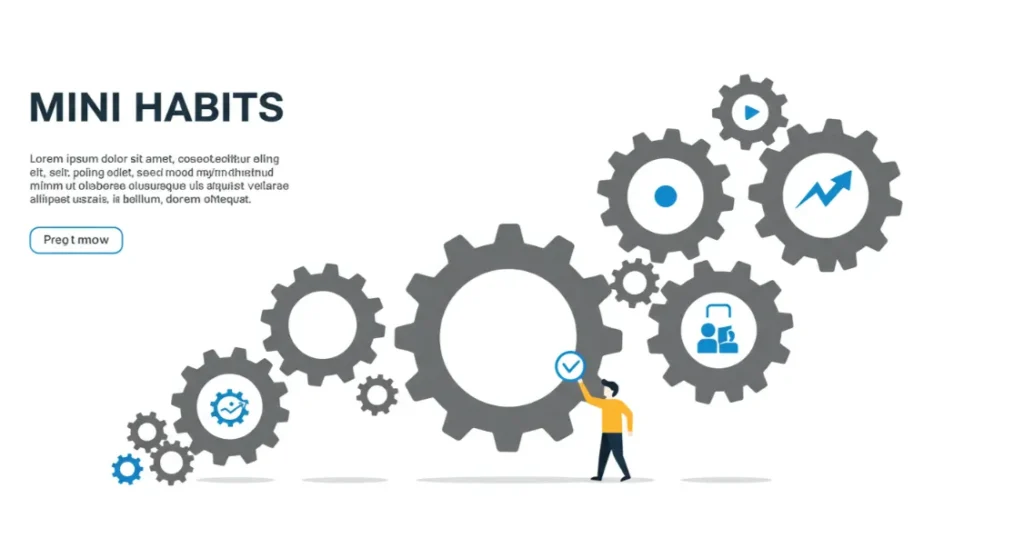
Smart business leaders are incorporating gratitude into their strategic planning. This isn’t about superficial “thank you” emails—it’s about creating systems that recognize value and contribution throughout the organization.
Building Stronger Teams

Teams that practice gratitude show higher cohesion and lower turnover. When team members feel genuinely appreciated, they’re more likely to:
Engage fully with projects
Support colleagues proactively
Contribute innovative ideas
Remain loyal to the organization
Implementing structured appreciation practices helps teams overcome procrastination and maintain momentum through challenging projects.
Enhancing Client Relationships
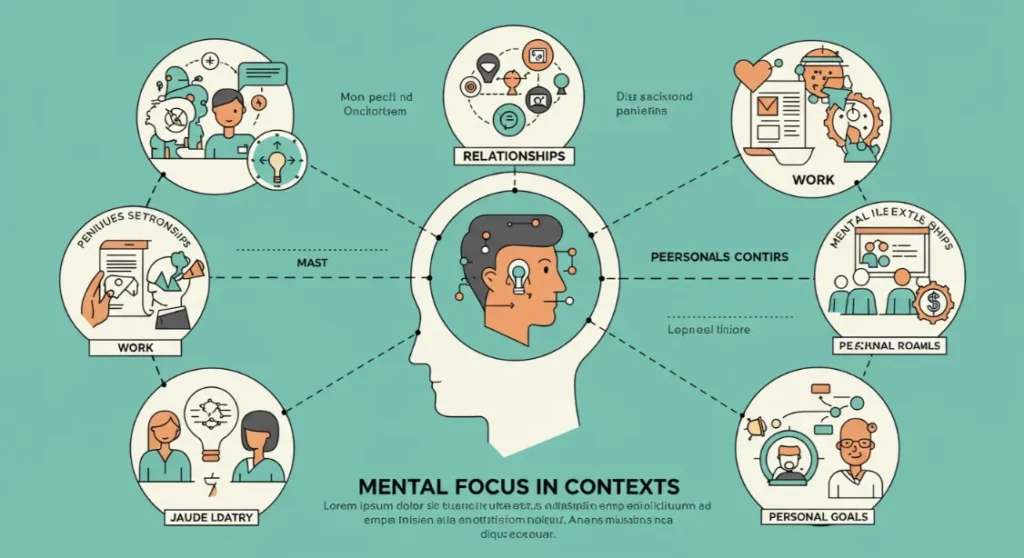
Gratitude transforms client interactions from transactional to relational. When clients feel genuinely appreciated, they become advocates for your business. This approach requires:
Personalized acknowledgment of their business
Recognition of their specific needs and challenges
Authentic appreciation for their feedback
Celebration of mutual successes
Clients who feel valued are more likely to provide referrals and remain loyal even when competitors offer lower prices or additional features.
Practical Gratitude Techniques for Professionals
Implementing gratitude doesn’t require major time investments. These practical techniques can be integrated into your existing routines:
Daily Gratitude Journaling
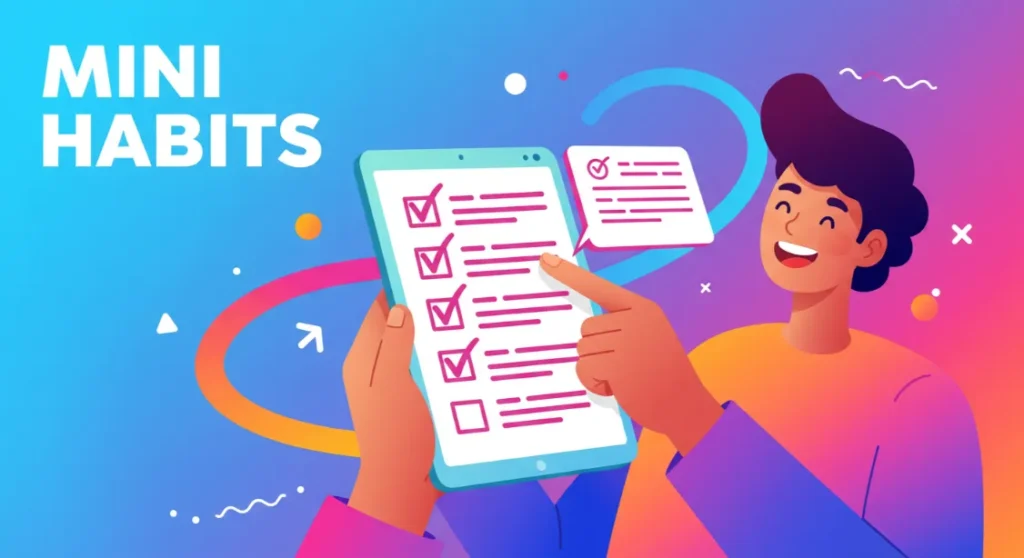
Taking just 5 minutes each morning to write down three things you’re grateful for can shift your entire perspective for the day. This practice helps you take control of your day from the start.
For maximum impact, include:
One personal gratitude
One professional gratitude
One unexpected gratitude
This simple practice activates your reticular activating system—the part of your brain that filters information—to notice more positive aspects throughout your day.
Gratitude Walks

Combining physical movement with gratitude creates a powerful state change. During a 10-minute walk, focus exclusively on what you appreciate about your work, team, or current projects. This technique is particularly effective when facing challenges or feeling stuck.
The combination of movement and positive focus helps clear mental blocks and often leads to breakthrough insights. Many professionals report that their best strategic ideas emerge during these gratitude walks.
Appreciation Rituals
Structured appreciation rituals create cultural transformation. Consider implementing:
Weekly team appreciation circles
Monthly recognition programs
Quarterly gratitude reports highlighting contributions
These rituals help teams maximize learning from both successes and challenges by focusing on value rather than shortcomings.
Overcoming Gratitude Obstacles
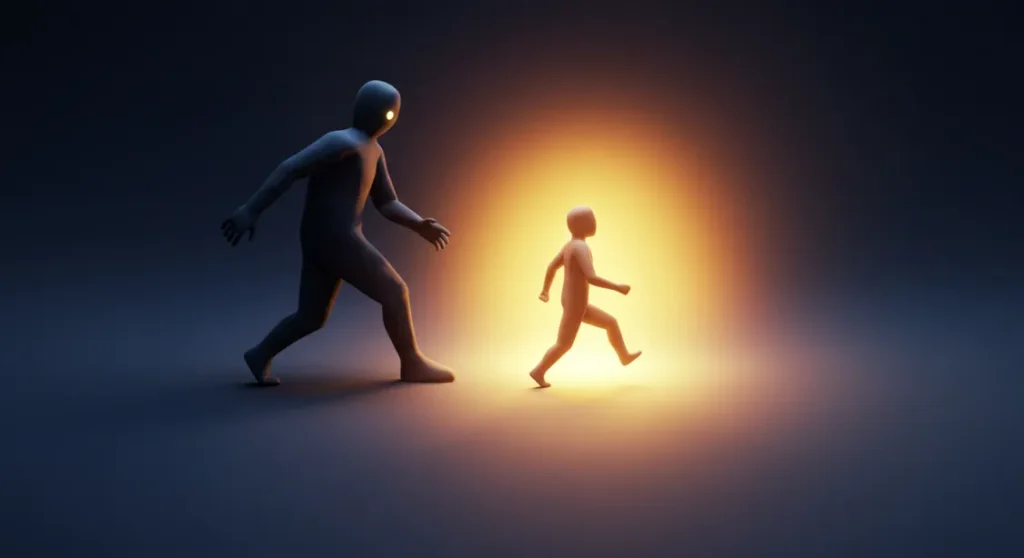
Despite its benefits, implementing gratitude practices faces common obstacles:
The Scarcity Mindset
Many professionals operate from a scarcity mindset—believing there’s never enough time, resources, or opportunity. This perspective makes gratitude feel inauthentic or naive.
Overcoming this obstacle requires recognizing that gratitude doesn’t deny challenges—it simply ensures they don’t dominate your perspective. Developing a growth mindset helps you see opportunities within constraints.
The Busy Trap

“I’m too busy for gratitude practices” is perhaps the most common objection. However, the busier you are, the more you need gratitude to maintain perspective and prevent burnout.
Start with micro-practices that take less than 30 seconds:
Three deep breaths while naming something you appreciate
A moment of gratitude before opening your email
A mental “thank you” before beginning meetings
These tiny practices can be integrated into existing routines without requiring additional time.
Measuring Gratitude’s Impact
Business leaders need measurable results. Consider tracking these metrics before and after implementing gratitude practices:
Team engagement scores
Client retention rates
Productivity metrics
Stress-related absenteeism
Innovation metrics (new ideas generated)
Many organizations report significant improvements across these metrics after implementing structured gratitude practices for just 90 days.
Gratitude During Challenging Times
Gratitude becomes most powerful during difficult periods. When facing setbacks, gratitude helps maintain perspective and resilience. Rather than toxic positivity that denies challenges, effective gratitude acknowledges difficulties while also recognizing resources and opportunities.
During organizational changes or market downturns, gratitude practices help teams stay on track with goals by focusing on what remains possible rather than becoming paralyzed by obstacles.
Creating a Culture of Appreciation

Individual gratitude practices are powerful, but organizational transformation requires cultural integration. Leaders can facilitate this by:
Modeling authentic gratitude
Creating systems that recognize contribution
Celebrating progress, not just outcomes
Encouraging peer-to-peer appreciation
Organizations with strong appreciation cultures report higher innovation, better problem-solving, and greater adaptability during change.
The Competitive Advantage of Gratitude
In today’s business environment, the ability to maintain perspective, foster innovation, and build strong relationships creates significant competitive advantage. Gratitude enhances all these capabilities.
Teams that practice gratitude demonstrate greater resilience during setbacks and more creativity during problem-solving. They’re also more likely to maximize self-improvement opportunities and embrace challenges as growth opportunities.
Conclusion: The Gratitude Imperative
Gratitude isn’t just a nice-to-have—it’s becoming a business imperative. As organizations face increasing complexity and change, the ability to maintain perspective, foster connection, and enhance resilience becomes crucial for sustainable success.
By implementing structured gratitude practices, business professionals can transform their experience, enhance their effectiveness, and create more sustainable success. The power of gratitude lies not just in feeling good—though that’s certainly a benefit—but in creating the conditions for exceptional performance and meaningful growth.
Start with one simple practice today, and notice how it transforms your perspective, relationships, and results.
References:
- Harvard Health Publishing – Giving Thanks Can Make You Happier
- Greater Good Science Center – The Science of Gratitude
- Journal of Personality and Social Psychology – Counting Blessings Versus Burdens
- UC Davis – The Effects of Gratitude Expression on Neural Activity
- Robert Emmons – Thanks! How the New Science of Gratitude Can Make You Happier